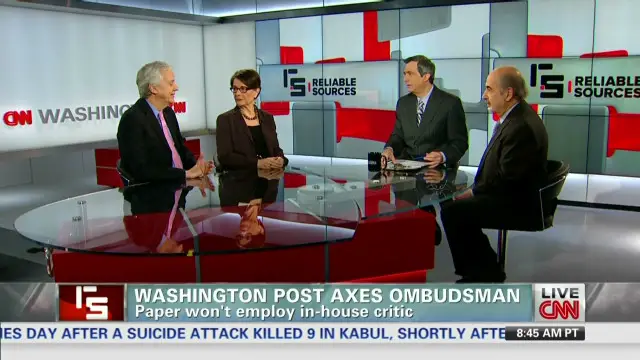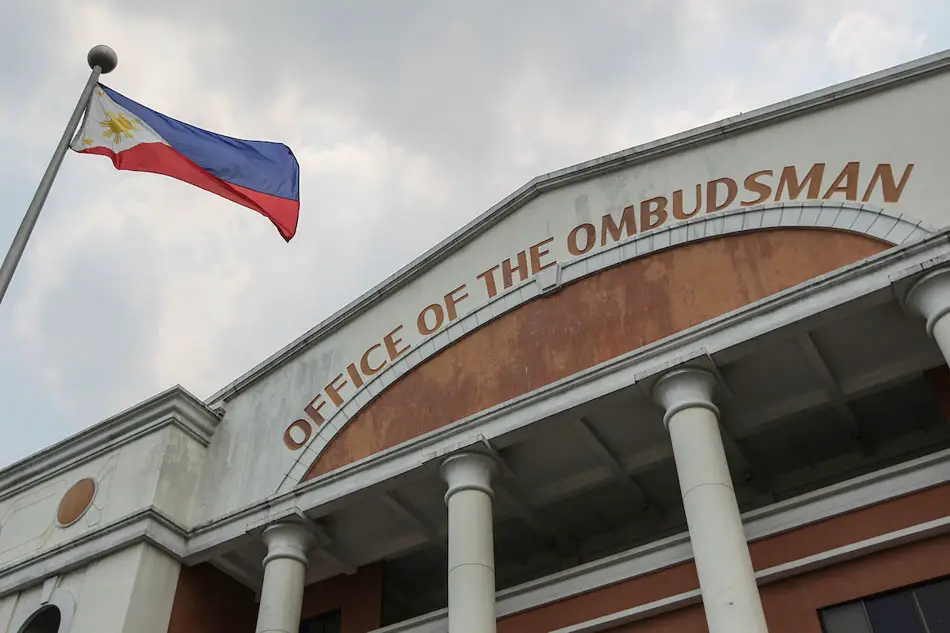The Decline of Accountability
Government has a system of checks and balances, so should the media.
By Kara Mercer, Northern Illinois University
The public is expected to trust the media to provide facts on what is happening in the world, but at 32 percent, America’s trust in its news-providers is at its lowest in Gallup-polling history: Less than half of the population trusts the people giving them their news.
And with the events that have occurred during the short time Donald Trump has been president, that number may continue in a downward spiral. As a Journalism minor who knows how to sift through the “fake news” garbage, it’s upsetting that there is so much mistrust in the media. Gallup has been polling the public’s view of the media since 1997. So, in a time where less than half of the American population have “a great deal or fair amount” of trust in the media, it is time to discuss the news ombudsman, and the issue of their dwindling numbers.
You may have heard of an “ombudsman” during your freshman orientation, but the position also exists in the news. A news ombudsman is someone who investigates complaints from news consumers about accuracy, fairness and balance in news coverage throughout various media platforms. A news ombudsman’s job, essentially, is to report on the news in order to keep the news organization they work for in check.
There are several names for news ombudsmen you may have heard. They can be referred to as “readers’ advocate,” “readers’ representative” or “public editor,” but their job is the same: To advocate for the people and settle any misunderstandings or complaints the public may have. There is even an entire organization of news ombudspeople, called the Organization of News Ombudsmen (ONO), dedicated to the profession.
In my journalism classes, I was never taught about a news ombudsperson or the job they did, but I feel that awareness of the position should be spread in every introductory journalism class. Journalism should also be a part of the core curriculum, so students can learn about the media that they’re taking in every day, but that’s another article entirely. I love technology, but if I hadn’t switched to a minor in Journalism, I wouldn’t have taken a class on how to consume the news from various sources in order to get the whole story.
But, it wasn’t until I had to research media issues for an assignment in my opinion-writing class that I learned of the ombudsperson position.

Universities have ombudspeople as well, and though I had heard about the position through my school, I didn’t entirely understand the role. At a school, just as for a news agency, ombudspeople handle complaints about the institution they serve, helping almost to mediate between their employer and audience. News ombudspeople also help to explain the processes of gathering news for the general public, so there is no mystery or suspicion surrounding it. The level of mistrust toward the media, though, indicates that either ombudspeople aren’t doing their jobs, or there are too few of them left to do so properly.
The U.S. has approximately 1,331 newspapers, and that number doesn’t include news that comes from television, radio and the internet, all of which could, and should, have an ombudsman. The ONO lists regular members of the organization on its site, and while not all ombudsmen are regular members, there are only eight listed for the U.S. and nine listed associate members from the U.S.
When the population of ombudsmen was at its peak, between 2000 and 2004, there were around forty to fifty in the U.S. The number was cut back in 2008 during the Great Recession, and it has yet to return to what it was in the early 2000s.
With the current number of news agencies, the number of ombudsmen should have surpassed fifty. Yet, according to the information I found between the ONO, Dvorkin’s research and the research of University of Nebraska graduate student Wade B. Hilligoss in 2014, only about fifteen to twenty active ombudsmen still exist.
The job of an ombudsperson simply isn’t prioritized, and a lot of it has to do with money. With the struggle of print media, it’s harder for newspapers to spare room in their tight budgets for ombudsmen, but it should be an essential part of any news organization to have someone keeping track of how well they’re reporting the news.

The ombudsperson should be a prioritized role, since they serve such an important purpose. The number of ombudsmen needs to increase, especially when trust in the media is so low. While Joan Byrd, who was ombudsman for the Washington Post from 1992 to 1995, says that the internet is cutting down the need for ombudsmen, I beg to differ. While the internet is a great place to check facts, it’s also a place where alternative ones are hard to decipher from real ones. In a time when fake news riddles the internet and trust in the media is so low, the role of the ombudsmen is more important than ever.
Perhaps, if there were more ombudsmen, public editors and readers’ advocates, and more public awareness of these positions, news agencies could begin to restore the trust that so many Americans have lost. News ombudsmen can help to ensure that newspaper organizations, websites and broadcasts remain true to what journalism is all about.
As Sydney H. Schanberg says, “By failing to cover ourselves, we have made ourselves complacent, virtually assured that because we are not likely to be scrutinized by our peers, we are safe in our careless or abusive practices.” Although Schanberg said this eighteen years ago, the sentiment still rings true today.


















[…] Hey! Some of these awesome ladies had independent works come out this week. Check out Anna Kaye-Roger’s in The Eastern Iowa Review and Kara Mercer over at StudyBreaks! […]